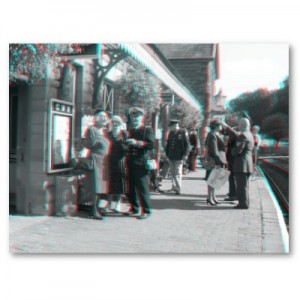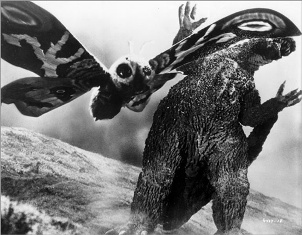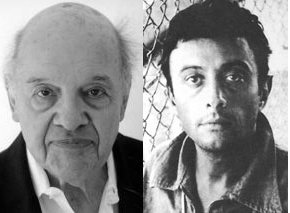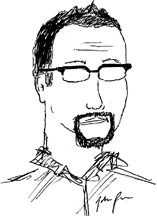In the realm of wrong answers, someone
always has the radio on.
— from “I Will Sing the Monster to Sleep, & He Will Need Me”
I’ve been watching the middle seasons of Stargate SG-1 again. If you’ve never seen the show, the premise is that there are Stargates that allow instant travel between planets. You step into one on your world and step out into some completely other landscape.
To get around the problem of having to invent new languages for every race of alien encountered, the producers cut the knot this way: They explained that a particular race of evil aliens had captured many humans from earth and sprinkled them throughout the galaxy to use as slaves. So most of the folks you encounter are human. And most of them speak English, albeit with some interesting variations in dialect. And no, that last bit doesn’t make any sense, but it sure is easier than having to learn Klingon.
Which brings me to John Gallaher’s Map of the Folded World (University of Akron Press, 2009). Gallaher has managed to create a language all his own using English words. Reading his poems, I felt like I’d arrived on some other world where the linguistic building blocks were familiar, but the physics of assembling them was completely different, surprising, otherworldly.
Map of the Folded World gathers momentum as it goes, and traveling through it I was quickly swept up into Gallaher’s deft use of language, not really needing to know what something meant so much as to hear how Gallaher had opened up the possibilities of the words by putting them next to one another in surprising ways:
I don’t feel it’s helpful to quote sections of his poems (although I started the interview with my favorite line from the book) because his poems are so dependent on being whole. To remove any piece for study under the microscope would be to miss the point. Gallaher is sculpting, constructing, imagining, transporting the words. Similarly, although I’m sure these poems would be captivating individually, Map of the Folded World is a book. It is held together by the strength of Gallaher’s imagination and by the cascading wash of the language. By the time I reached the end, I felt almost as though I could speak the language; as though I could understand what some of the natives were saying, and maybe even try to carry on a rudimentary conversation of my own.
I love clear, narrative poetry. For me, this is not that. What it is, instead, is something equally valuable and maybe more rare — a transformative experience that comes about through nothing but the careful placement of word blocks on a landscape of Gallaher’s own devising.
Highly recommended.









